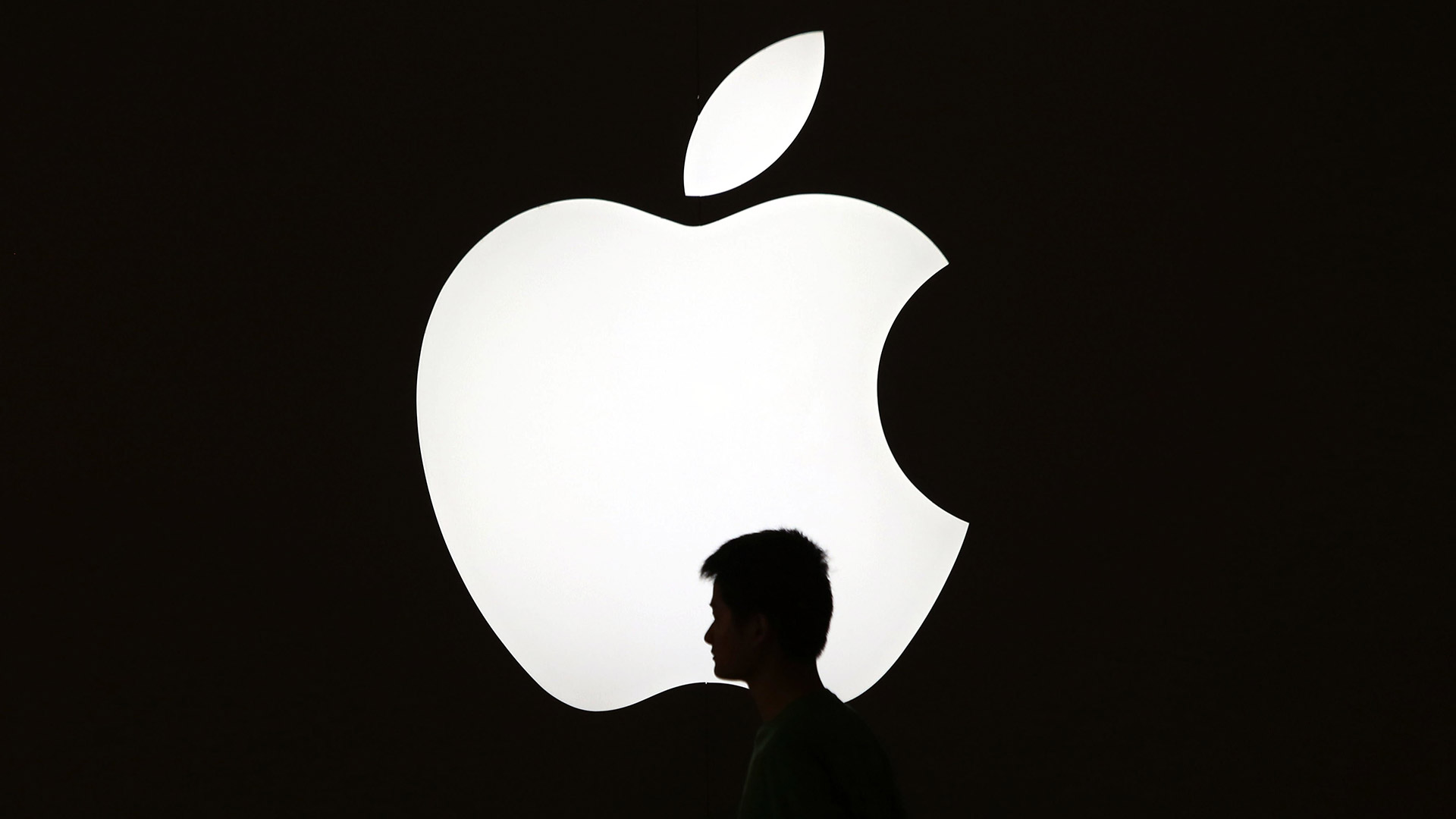

At one time, Apple apparently was planning on building its own self-driving car. But the company has reportedly since scaled back its autonomous-driving plans. Instead of “Project Titan,” the new focus is PAIL—short for “Palo Alto to Infinite Loop,” an autonomous shuttle service for employees at Apple’s main California offices. The retrenchment occurred after a bold attempt to develop an “Apple Car” ended in confusion, reports The New York Times.
Anonymous sources close to the project described an all-out effort to take on the established auto industry, undone by a lack of focus. Apple CEO Tim Cook confirmed in June that Apple is developing autonomous-driving systems, but not an actual car. Apple-operated Lexus RX 450h test mules have been spotted on public roads in California. But Apple itself has never publicly discussed plans to build a car, or indicated that its current plans represent a shift in strategy.
Yet according to The New York Times, when Project Titan started in 2014, the intention was indeed to develop a car. Engineers not only tried to write a “CarOS” to control autonomous vehicles, but investigated details like motorized doors and interior that featured augmented-reality displays, but lacked steering wheels and pedals. The team even reportedly considered using spheres in place of conventional wheels.
That ambition reportedly led to confusion about the project’s goals. Anonymous sources mentioned “shifting priorities” and “arbitrary or unrealistic deadlines.” Apple couldn’t even figure out whether the car should be fully autonomous, or whether a human driver should be allowed to take control in certain situations.
Even if Apple had been able to figure everything out, it still would have been faced with the challenge of manufacturing its own car. The success of Tesla has led many in the tech industry to believe that car manufacturing is relatively easy, but it remains a complex and expensive undertaking.
Instead, Apple will likely develop autonomous-driving tech that can be applied to vehicles made by other companies. This matches the approach of Waymo (the former Google self-driving car project), Uber, Lyft, and a host of smaller tech companies. That means Apple will have to seek out an automaker to partner with in commercializing its tech.
Self-driving cars are an alluring prize for both the auto and tech industries, but Apple may have an extra incentive. The New York Times notes that Apple is seeking another breakthrough product on the scale of the iPhone, which turns 10 years old this year. It also needs an exciting new project to keep top engineering talent from defecting to other Silicon Valley tech companies.